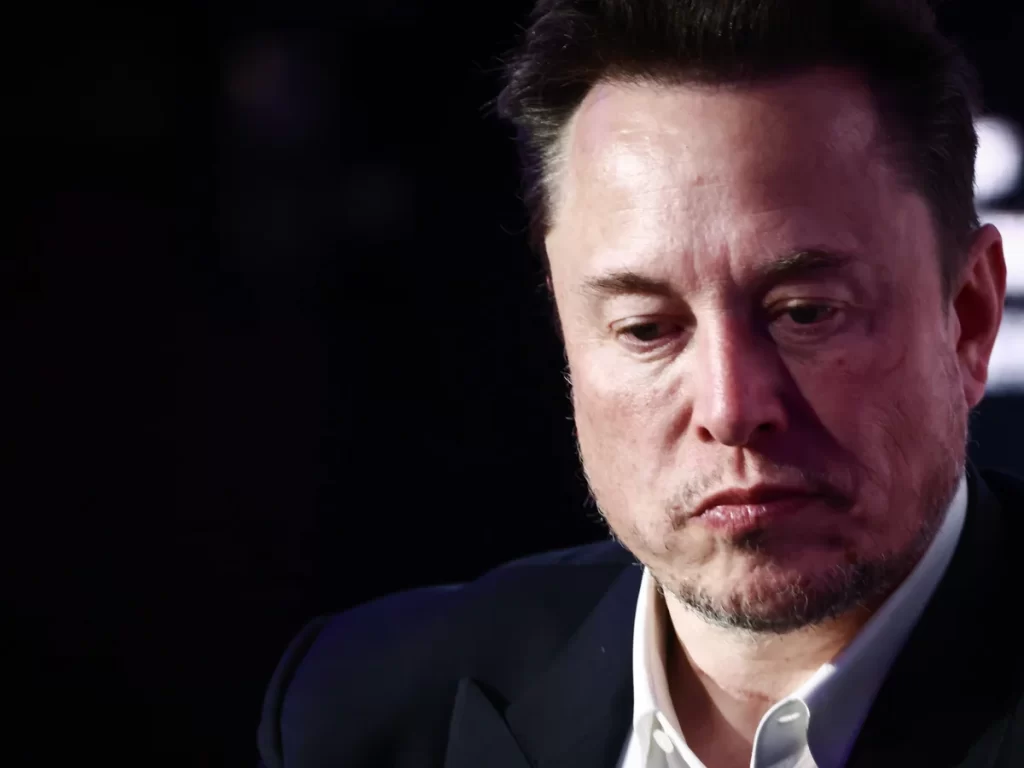In a significant ruling, Delaware Chancery Court Judge Kathaleen McCormick has reaffirmed her decision to strike down Tesla CEO Elon Musk’s $56 billion pay package, despite a vote by Tesla shareholders to re-ratify the deal. Tesla had appealed McCormick’s earlier decision, arguing that the shareholders’ vote should override her judgment, but McCormick found multiple flaws in Tesla’s legal arguments, ultimately rejecting the request to alter her original ruling.
Details of the Ruling
In her 103-page opinion, published on December 2, 2024, McCormick explained that Tesla’s defense had presented several “unprecedented” theories, none of which stood up to legal scrutiny. Tesla’s legal team had hoped to convince the court that the shareholder vote at Tesla’s June meeting, where more than two-thirds of shareholders voted to approve the package, should be viewed as a “common-law” ratification of the deal. However, McCormick disagreed, asserting that the vote could not overturn the court’s previous ruling, primarily because of the “material misstatements” made in the company’s proxy statement presented to shareholders.
The Core of the Legal Dispute
The controversy over Musk’s pay package dates back to 2018, when Tesla’s board agreed to the compensation plan, which was structured around stock price milestones. Musk would unlock significant portions of the pay package as Tesla hit ambitious targets related to production and revenue growth, goals the company later surpassed. However, the deal was struck at a time when Tesla was facing financial uncertainty and leadership challenges.
Richard Tornetta, a shareholder and former corporate defense lawyer, sued Tesla, arguing that the package was biased and negotiated under Musk’s overwhelming influence over the board. Tornetta’s legal team contended that shareholders were misled, and the terms of the deal were not in the company’s best interest.
In her January opinion, McCormick sided with Tornetta, concluding that the board’s actions were unduly influenced by Musk, and that the compensation deal was not made with proper corporate governance processes.
Tesla’s Failed Appeal
Following the ruling, Tesla held a shareholder vote in June 2024, hoping to re-litigate the issue in the court of public opinion. The company argued that shareholders had been fully informed and approved the deal by a large margin, with the hope that this could sway McCormick’s opinion.
However, McCormick dismissed the appeal, citing several key legal flaws in Tesla’s argument:
- Procedural Grounding: Tesla had no basis to change the outcome of a post-trial decision based on new evidence or actions created after the trial.
- Common-Law Ratification: McCormick rejected the idea that the shareholder vote could act as a common-law ratification, emphasizing that Musk’s influence over the board undermined the legitimacy of such a ratification.
- Misstatements in the Proxy Statement: McCormick pointed out significant misstatements in Tesla’s communications to shareholders about the effect of the vote, further invalidating the company’s argument.
- Judicial Integrity: The judge also stressed that altering the decision would undermine the integrity of the judicial process and contradict the principles of finality and consistency in legal rulings.
What’s Next for Tesla?
Despite this setback, Tesla has indicated it will appeal the decision to the Delaware Supreme Court, which is expected given the significance of the case. Additionally, Elon Musk’s evolving role as a prominent figure, including his political alignment with Donald Trump, has added new layers of scrutiny to Tesla’s governance and Musk’s compensation.
In the meantime, McCormick’s decision has also led to a $345 million attorney’s fee being awarded to the plaintiff’s legal team, payable either in cash or Tesla shares. Although this sum is far less than the $5.6 billion initially sought, it is still a significant financial outcome for the lawyers involved.
This ongoing legal battle underscores the tensions between Tesla’s leadership, its shareholders, and the broader business community over corporate governance practices, executive compensation, and the power dynamics within influential tech companies like Tesla. The outcome of Tesla’s appeal could have far-reaching implications for how executive compensation packages are scrutinized and validated in the future.
4o mini
